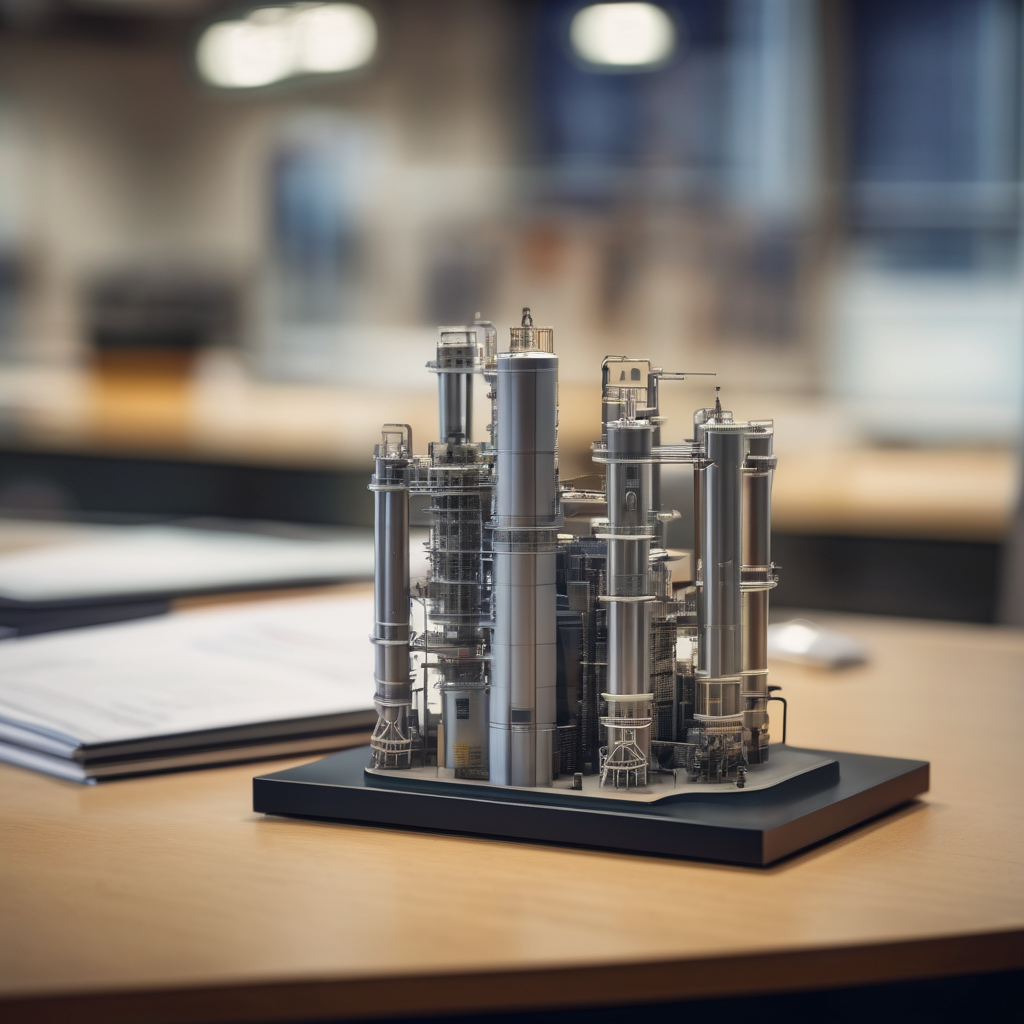NuScale Power has recently seen a significant surge in its stock price, with its shares rising approximately 20.3% following the announcement of a historic contract. On October 13, NuScale’s ticker symbol SMR jumped by about 14% during intraday trading, closing on October 15 at around $55.09. This rally was spurred by NuScale’s collaboration with ENTRA1 to deploy six 77-MWe NuScale reactors in a groundbreaking 6 GW deployment program with the Tennessee Valley Authority (TVA). This development marks the largest small modular reactor (SMR) deployment in U.S. history, capable of powering approximately 4.5 million homes and supporting numerous AI data centers.
The excitement surrounding NuScale’s performance reflects broader market trends. The global small modular reactor market is expected to grow from $5.81 billion in 2024 to an estimated $8.37 billion by 2032. Major utilities and technology companies, including Google, Microsoft, and OpenAI, are increasingly investing in SMRs due to their potential to provide reliable, continuous power. TVA has not only signed deals for NuScale’s SMRs, but has also reactivated previously stalled projects and partnered with other firms, such as Kairos Power.
NuScale’s SMR technology stands out as it is the first and only U.S. design certified by the Nuclear Regulatory Commission (NRC), originally developed as a 50-MWe unit in 2020 and upgraded to 77 MWe earlier this year. The design allows for modular stacking, permitting up to 12 units per plant for a combined output of around 924 MWe. NuScale’s CEO, John Hopkins, emphasizes the technology’s reliability and safety, stating it is a “proven technology” for clean energy.
In parallel, GE Vernova, the nuclear arm of General Electric, is aggressively pursuing the SMR market with its BWRX-300 reactor. Recently, GE Vernova collaborated with Hitachi and Samsung to market these reactors globally, with plans for five units in Sweden and further proposals in the U.S., indicating a growing competitive landscape among SMR developers.
However, analysts express a degree of caution regarding NuScale’s valuation, with the stock’s forward price-to-sales ratio appearing exceptionally high at approximately 85x, in contrast to GE Vernova’s more modest 4x. Most analysts currently recommend holding NuScale shares, with target prices suggesting a potential pullback to between $37 and $40.
Looking ahead, the outlook remains cautiously optimistic for NuScale, bolstered by the TVA contract and a series of global initiatives aimed at deploying SMRs. Industry analyses suggest that the demand for these reactors is likely to grow as utilities seek sustainable, round-the-clock carbon-free power solutions, particularly amidst the rising need for energy to support AI technologies.
Despite past challenges, including the cancellation of a similar project in Idaho due to cost overruns, NuScale’s current trajectory appears poised for continued growth. The combination of strong partnerships, government support, and a strategic focus on clean energy technology positions NuScale as a leader in the burgeoning SMR sector.
